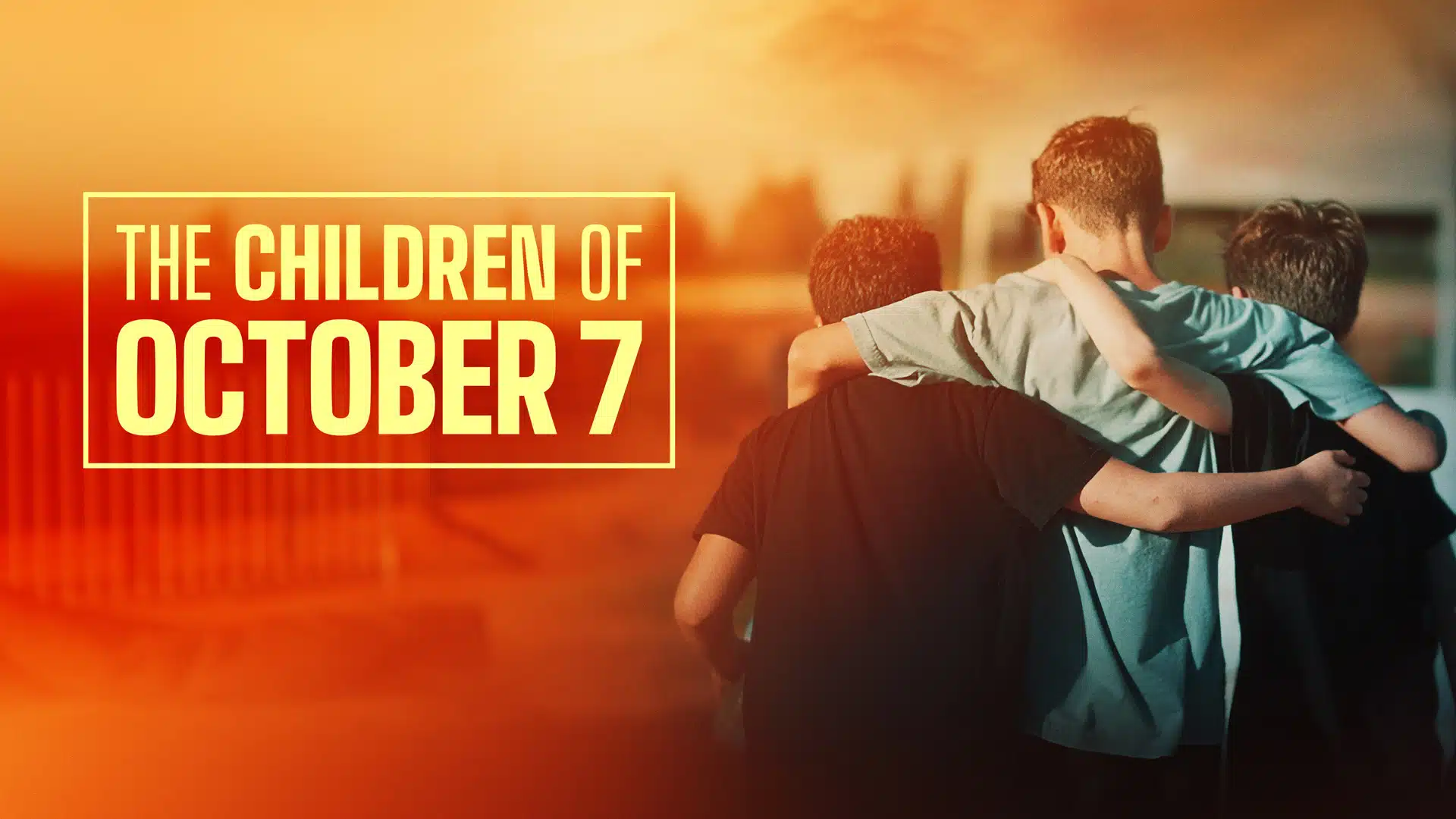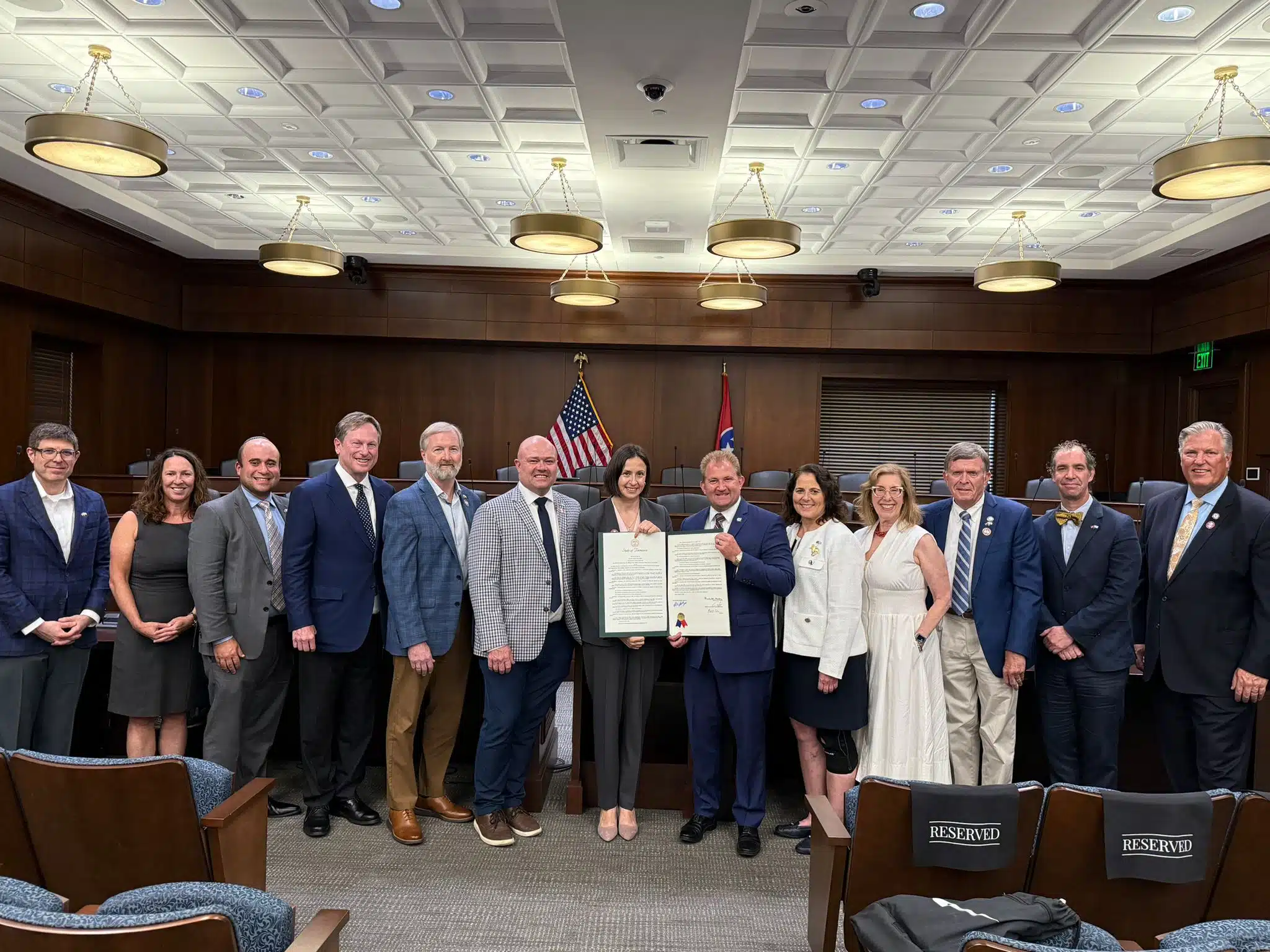|
Getting your Trinity Audio player ready...
|
On the hardwood, Jared Armstrong is the point guard for a hungry Elizur Ashkelon squad seeking promotion to the Israeli Basketball Premier League. Off the court, the 27-year-old Slippery Rock University graduate who grew up in Maryland before moving to Philadelphia as a teen is looking to leverage sports as a platform to combat antisemitism and racism globally and foster closer ties between the Black and Jewish communities in the United States.
“I’m living a lifelong dream, to play basketball in Israel,” Armstrong told Combat Antisemitism Movement (CAM) Editor-in-Chief Barney Breen-Portnoy in an interview this week. “So few people make it to the professional level of any sport, so I would say I’m blessed to have the opportunity, and I’m trying to have a positive impact and do my tikkun olam, helping in any way that I can.”
“I’m both Black and Jewish, and American and Israeli,” he said. “I want people to realize it is possible for communities to come together, I’m living proof of this, and the way I do it is with sports.”
In 2022, Armstrong became a citizen of Israel after a two-year legal and bureaucratic battle with the country’s Interior Ministry, which questioned his mother’s Jewish identity. Armstrong even underwent a conversion with Rabbi Michael Beals of Congregation Beth Shalom, a Conservative synagogue in Wilmington, Delaware, to try to allay the concerns, but this was also rejected by the Interior Ministry.
Ultimately, after Armstrong drew media headlines with a sustained publicity campaign, the Interior Ministry relented and granted him citizenship through special clause outside the framework of the Law of Return.
“I didn’t want to just quit and give up,” Armstrong said. “I felt it was important not just for me, but for also others who might face the same predicament, to fight for what I believed in.”
During his struggle for Israeli citizenship, Armstrong was forced to take a prolonged break from his basketball career, which he said was “very tough” for him. Now he is back, and he wants to leave a mark that goes beyond the results on the scoreboard and in the stat book.
“It’s just really sad to live in a world, in 2023, where people judge your religion by the color of your skin and your last name,” he said. “I just felt as I was going through my case and my experiences in living in America, a growing divide between the Black and Jewish communities.”
“But this only motivates me and fuels my fire to take positive action to unify people,” he added.
To lay the groundwork for his social initiatives, Armstrong established earlier this year a non-profit organization, the Asiel Foundation.
“Asiel is my middle name, and in Hebrew it means ‘created by God,’ and I just feel like God has always created us to be different from one another,” he said. “We all come in different shapes, forms, sizes, races, and ethnicities.”
During an off-season visit to Philadelphia this summer, Armstrong hosted a free one-day basketball clinic attended by more than 30 Black and Jewish middle school-aged kids, and he plans to hold larger and longer “JAB camps” in the summers to come, both in Philadelphia and other U.S. cities.
“This was an opportunity to connect these kids with one another,” he recalled. “My goal was to create lifelong friendships for them, and attempt to bridge the gap between the Black and Jewish communities.”
“The two most marginalized groups in the world are Jewish people and African Americans, and I think it’s really important we teach kids from a young age that it’s important to be able to work with one another, and just with individuals that may not believe or look the same as you do,” Armstrong added.
“That’s my aim, to teach kids through sports that we all have a common goal,” he said. “When you step on a basketball court, you don’t care what color or religion your teammate is, you just want to win the game and you must have a strategy to do that. And it’s the same place in the workplace. It shouldn’t matter if your boss is Jewish or Black, or anything else.”
Watch a 6abc Action News report on the clinic here:
Last month’s clinic in Philadelphia included a presentation by Eric Rubin, managing director of Project Max, and Armstrong noted that future JAB camps will feature education for participants on how to recognize and respond to antisemitism and racism.
“At a young age, kids might experience these and not know what to do,” he said. “I think it’s important that kids can learn how to relate to someone else at a young age and be able to talk about it in an open dialogue.”
Some photos from today’s clinic. Thank you @JaredArmstrong_ for bringing together Black & Jewish children for your basketball clinic. There’s no place for #racism #Antisemitism or #intolerance in #sports @ProjectMaxClub https://t.co/RXfSCtfvMG pic.twitter.com/PjAePlKQCG
— ERIC RUBIN אריק 🟦 (@rubin_eric) August 28, 2023
Campers will also be taught nutrition and financial literacy.
Asked how he would measure the success of his efforts, Armstrong replied, “I want kids to be able to invite each other to their houses, for an African American kid to come to a Shabbat dinner, or a Jewish kid to come to a Sunday dinner. That would show me that my mission is working, and that what I want to do has a bigger picture to it.”
For more on Jared Armstrong’s life story and activities, please visit jaredarmstrong.net, or follow him on Instagram, Facebook, Twitter, and YouTube.










